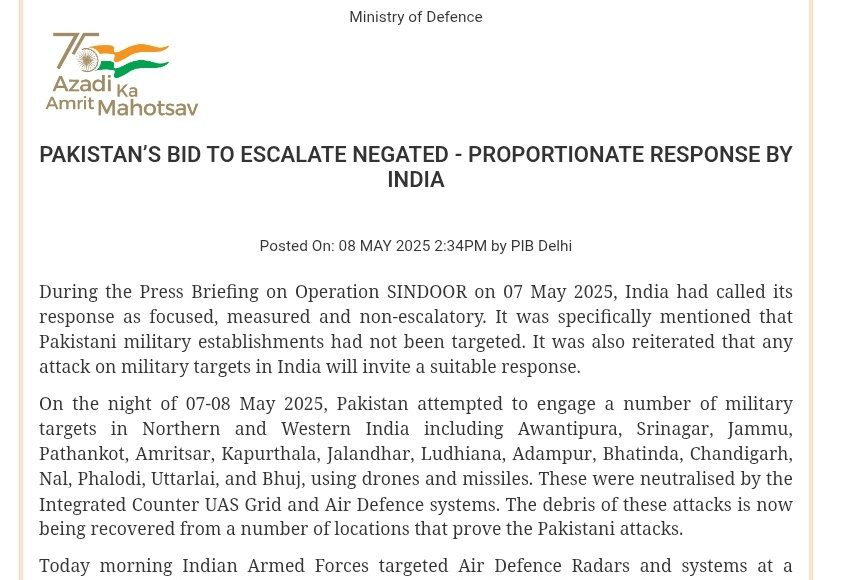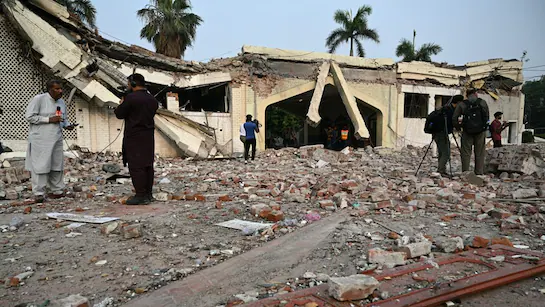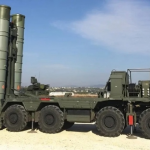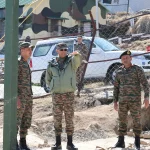In the wake of the April 22 terror attack in Pahalgam that claimed 26 lives, the Government of India has launched a sweeping response under the banner of Operation Sindoor, reflecting a hardened and strategic national security stance. The offensive, targeting terror infrastructure in Pakistan and Pakistan-occupied Jammu and Kashmir (PoJK), marks one of the most significant escalations between India and Pakistan in recent years.
Prime Minister Narendra Modi, continuing his leadership of the Bharatiya Janata Party (BJP)-led NDA government, has positioned the response as a clear message to adversaries. In a May 7 briefing, officials detailed how nine locations linked to Lashkar-e-Taiba, the group blamed for the Pahalgam massacre, were struck using coordinated drone and missile strikes.

The Indian Air Force and other defense services neutralized key Pakistani air defense systems, including in sensitive areas such as Lahore, after Islamabad attempted drone and missile attacks on Indian installations across the northern and western borders. This move follows weeks of cross-border shelling, which claimed 16 civilian lives on the Indian side, including women and children.
Beyond the battlefield, India has taken sharp diplomatic steps. These include the expulsion of Pakistani military attaches, suspension of the Indus Waters Treaty, and the closure of the Attari land border crossing. The government also convened an all-party meeting on May 8, signaling a desire to build political consensus around its security strategy.
Public reaction, particularly from the families of those killed in Pahalgam, has largely supported the government’s approach. “This operation has restored dignity to the lives lost,” said Rajesh Narwal, father of an Indian Navy officer slain in the attack.
The government’s approach also includes cybersecurity initiatives, following confirmed cyber intrusions by Pakistan Cyber Force. Defense and cybersecurity officials are now working to fortify Indian defense networks, indicating a broader, multi-domain response to Pakistan’s provocations.
Observers note that Operation Sindoor bears strategic resemblance to the 2019 Balakot airstrikes, another Modi-era initiative that focused on punitive yet precise counter-terrorism action. Internationally, the United States has urged restraint, with Secretary of State consultations underway between the national security advisors of both India and Pakistan.
As tensions remain high, the Indian government insists it is not seeking war but is committed to defending national sovereignty and civilian lives. The blend of military precision, diplomatic firmness, and technological preparedness signals a new chapter in India’s counter-terror policy—one shaped by both experience and resolve.













